- Home
- Transportation
- Trains
- Only a dozen people live in this Russian village at the end of the railroad - here's what their life is like
Only a dozen people live in this Russian village at the end of the railroad - here's what their life is like
Kalach is at the end of a roughly 180 mile long railway extension built in 1898 to transport lumber from the region's dense forests.

The train line – itself an extension added onto Russia's larger rail network – begins in Alapayevsk, the nearest large city. Here, the engine driver's assistant walks past Soviet–era engines at the depot.
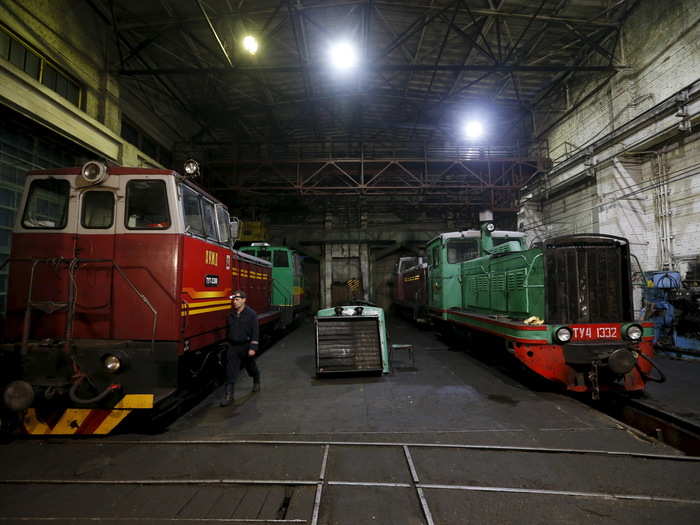
This is the office of the railroad depot – Nina Vysotina has worked for the railroad for 42 years.
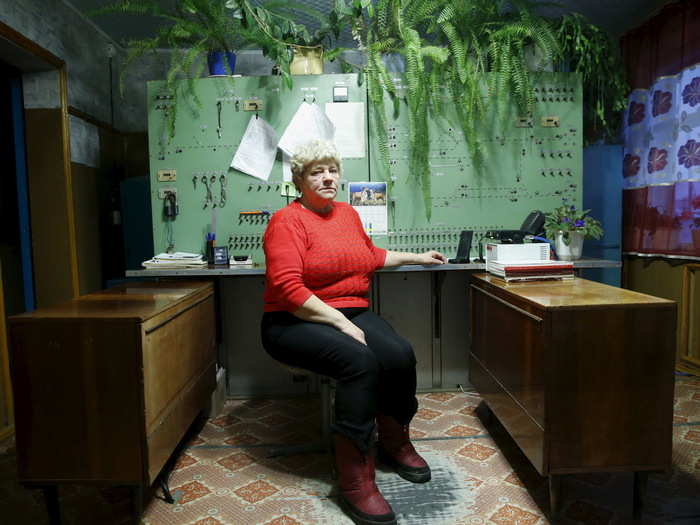
The train is the only means of regular transportation for the several villages along the line, carrying supplies and passengers to and from several times per week.
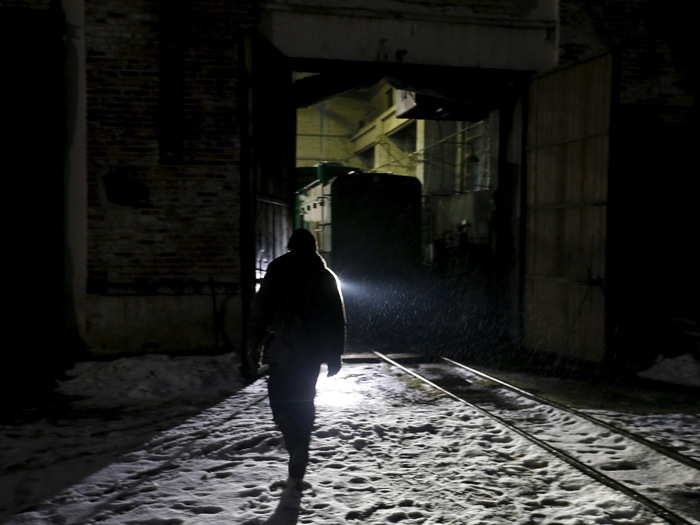
A major stop for the people of Kalach is the town of Sankin, home to about 600 people.
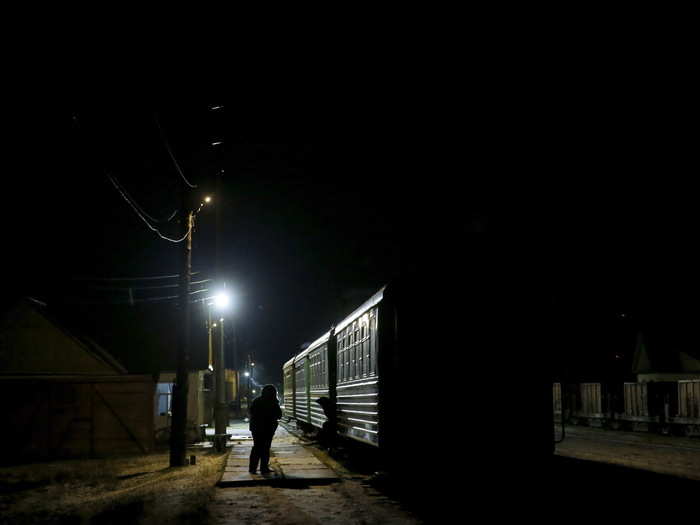
Their mail is delivered here, as well as their monthly state pensions.
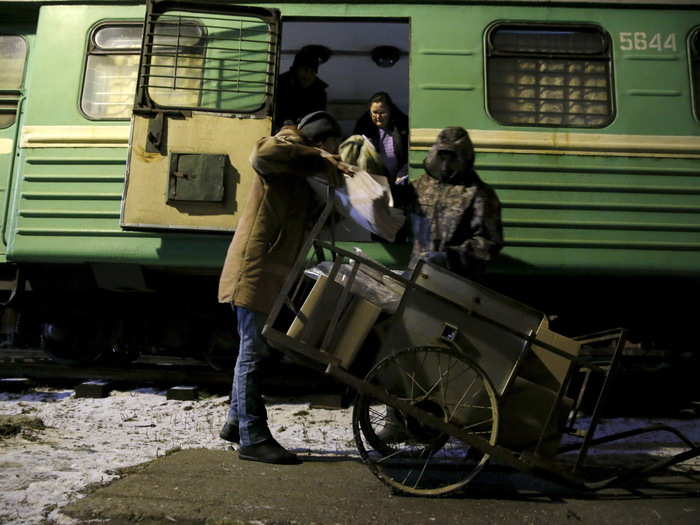
Sankin is tiny, but compared to the size of Kalach it's practically a metropolis.
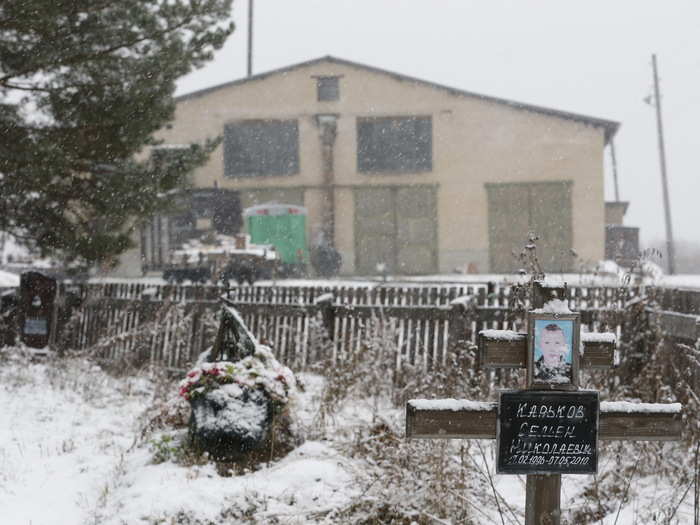
Here in Sankin, water is drawn from wells – no central supply, just buckets.
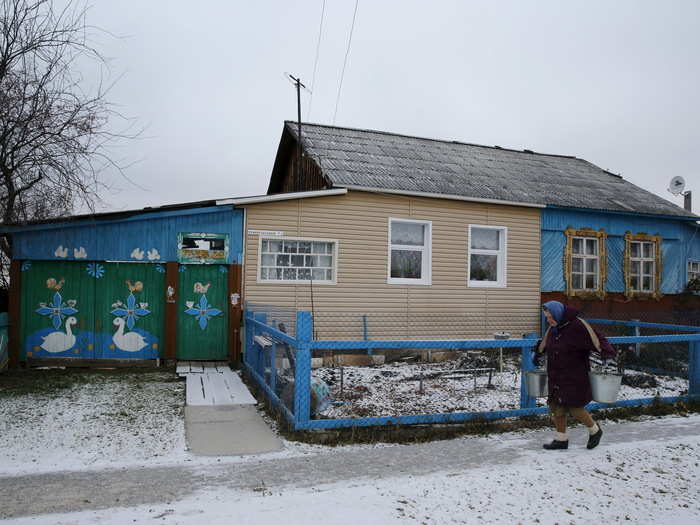
Sankin's House of Culture, the local meeting place for residents, is heated by a ramshackle boiler next door.
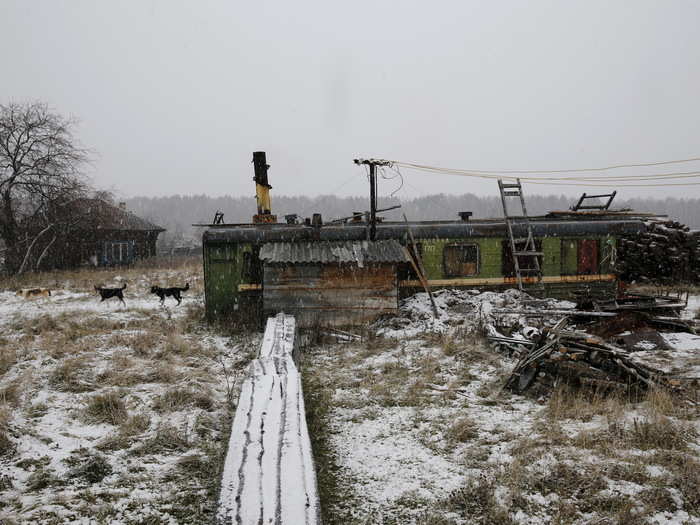
Inside, villagers Elena, Olga, Galina and Tatiana drink and eat in warmth.
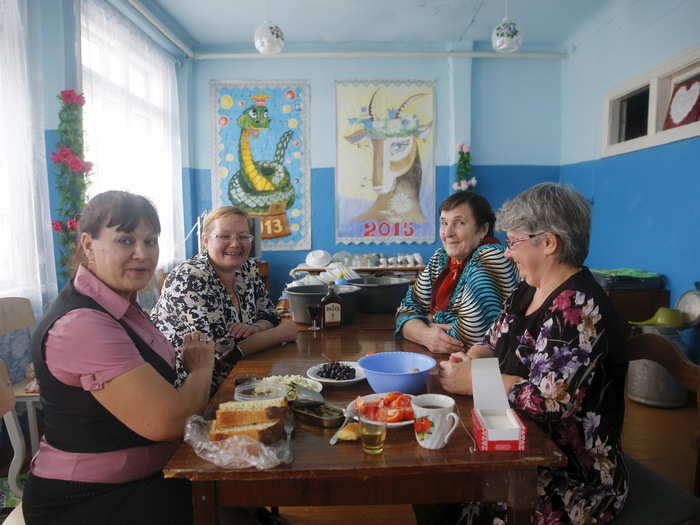
Many villagers cannot afford cars, so the trains are their only way to get around. Tickets cost between $0.10 and $0.50.
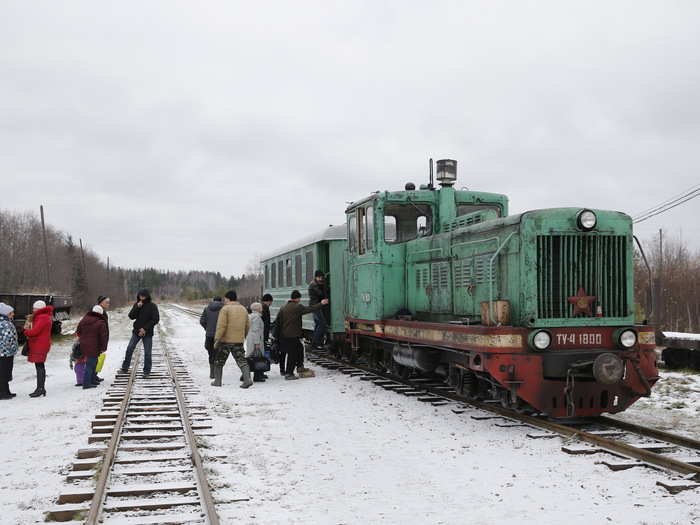
While the engines are fitted with plows, snow is often a problem on the tracks.
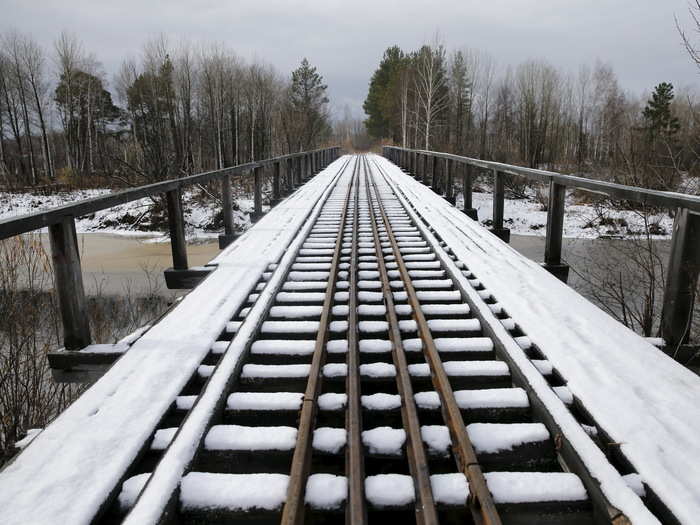
A few rely on rail pushcars; a man nicknamed "Barcelona," Alexey Bolotov and Alexey Jakushin often drink vodka as they travel to Kalach by motorized pushcar.
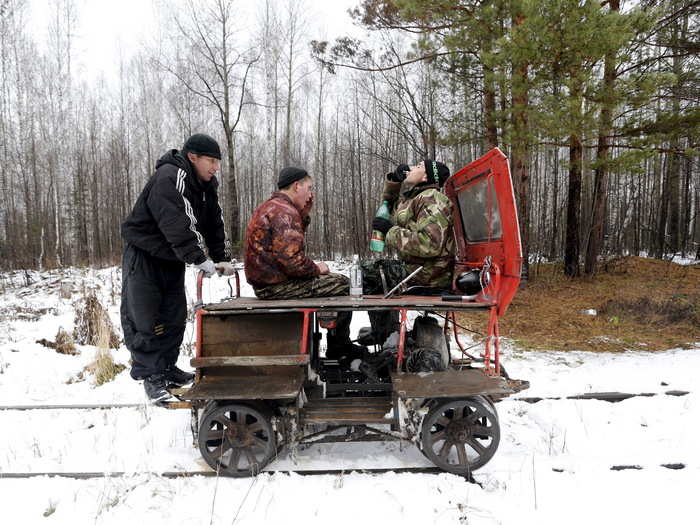
Russian railroads employ nearly a million workers. Alexander Kuznetsov often drives this route.
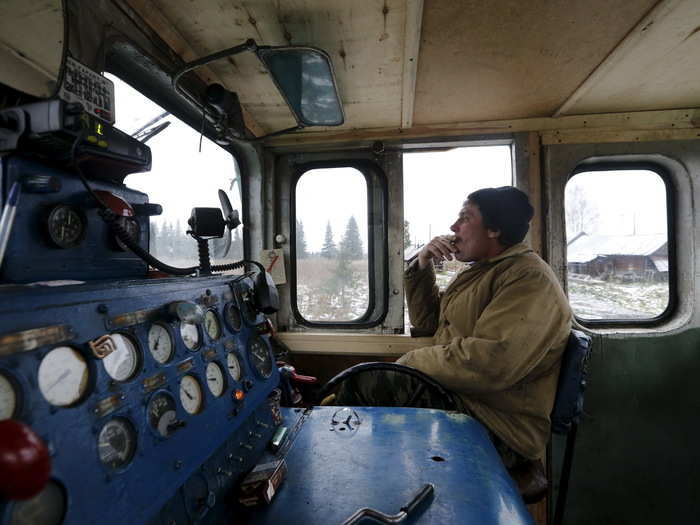
Working on the railroad is a family tradition for Kuznetsov: his father and grandfather were also railwaymen.
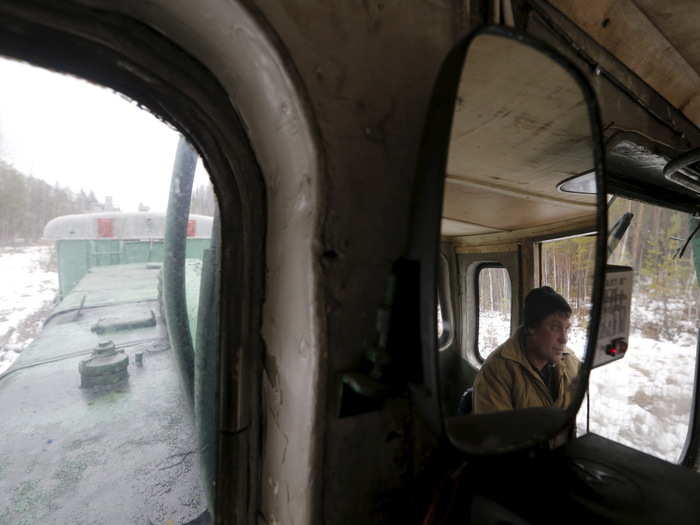
The train cars are heated by wood–fired stoves, often stoked by the passengers themselves.
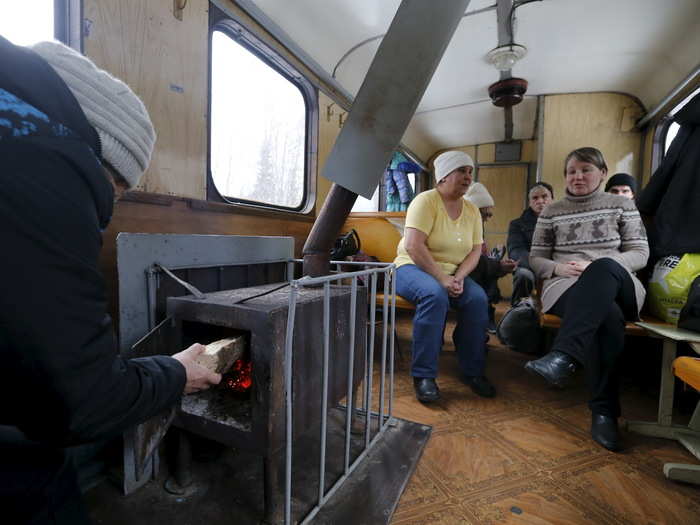
Most of the villages along the railway line do not have schools, so students must travel by train to attend nearby facilities. Most students' rides take around 40 minutes – enough time to study for a test...
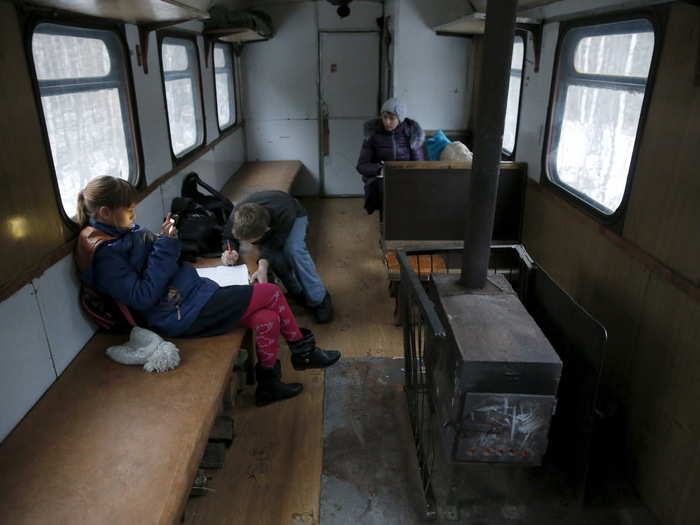
...or skip studying, and sleep.
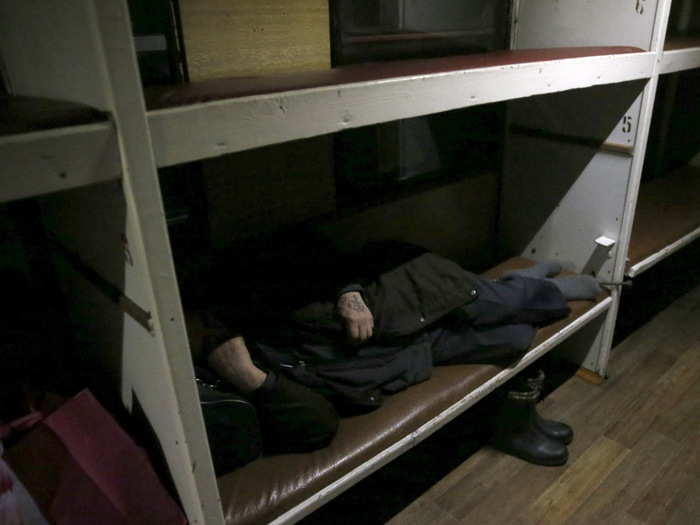
The village of Kalach sits in a scrubby clearing in the middle of the dense forest. In winter, the scene is desolate and harsh.
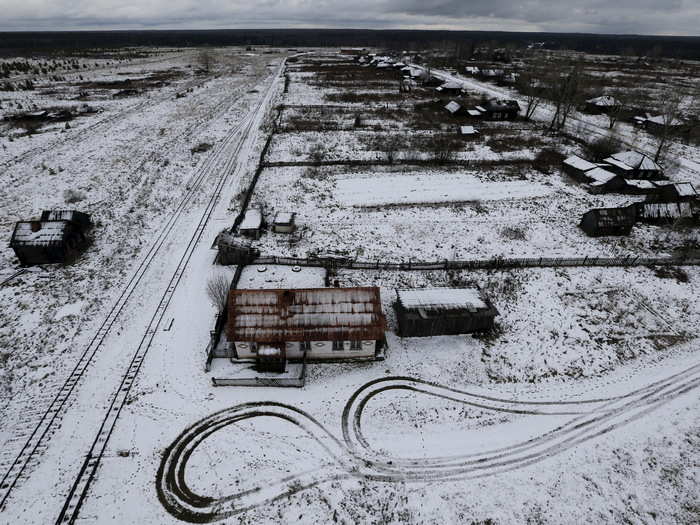
Because train travel is infrequent – only a few times a week – and road travel nearly impossible, the village has learned to become self-sustaining.
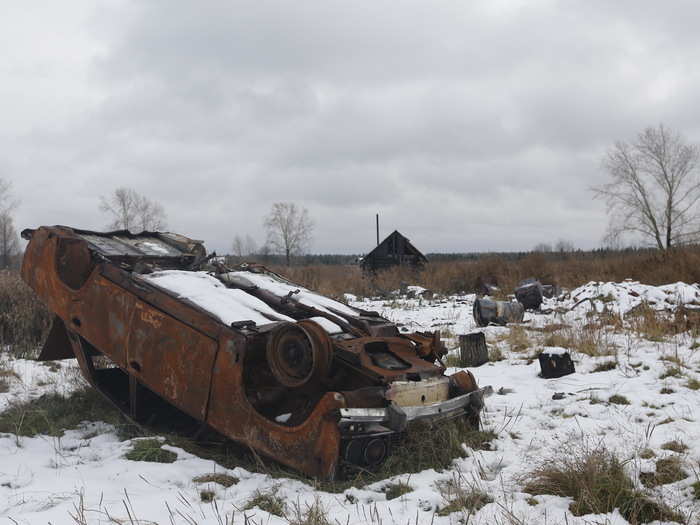
Here, a villager named Alexander fertilizes the soil with ash in his greenhouse. Most vegetables can be grown here, and the village has a scattering of sheep.
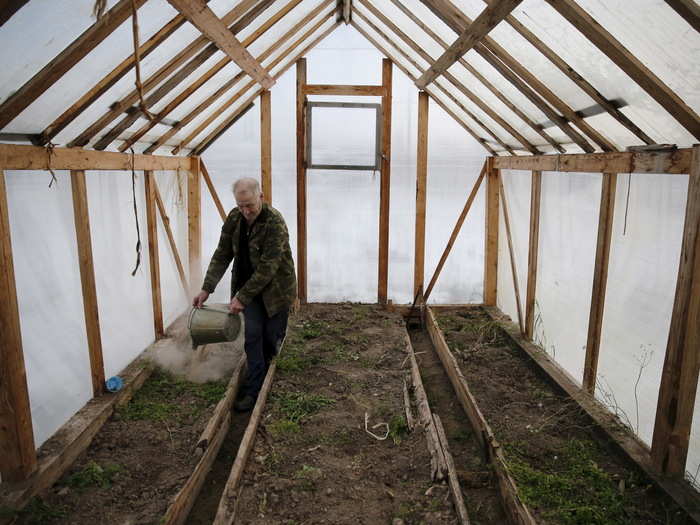
A handful of goats call Kalach home as well.
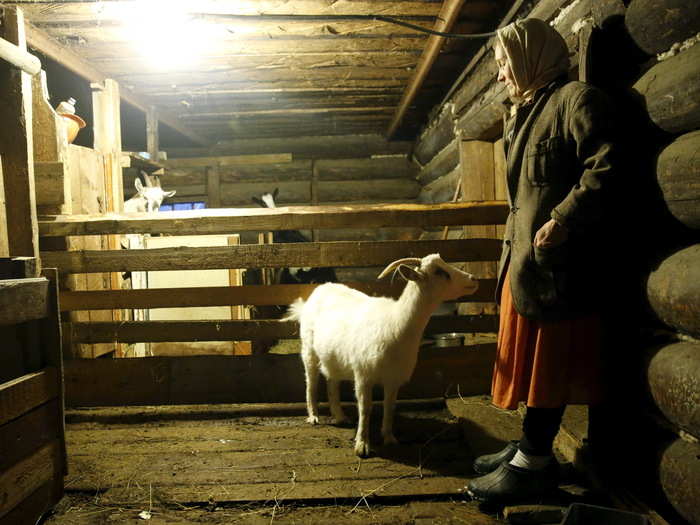
Many of the houses in Kalach are abandoned, empty since the village's heyday in the 80s.
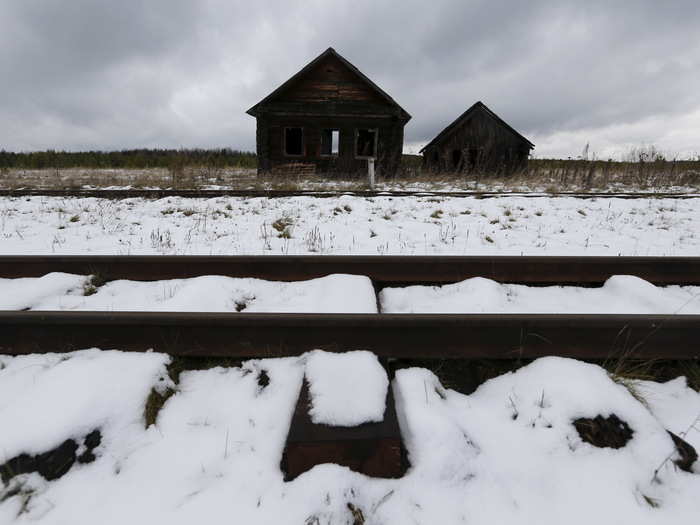
Vassa is 86 and suffers from hearing difficulties. Her home, like all in Kalach, only receives electricity for a few hours each night.
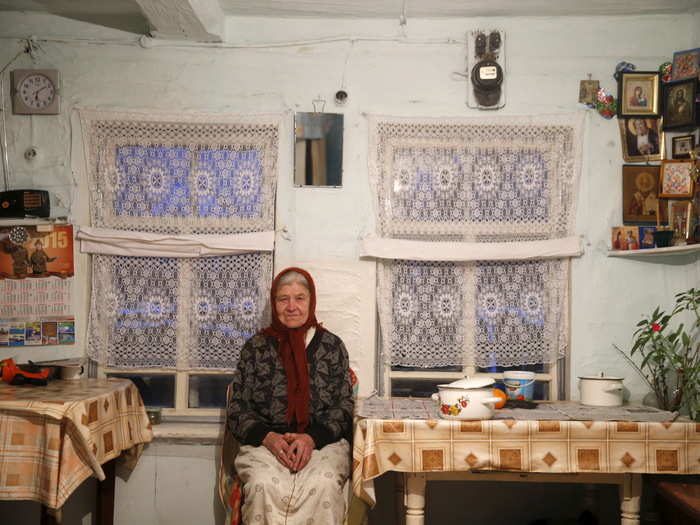
Her son Sergei, aged 62, often plays accordion for Vassa to pass the time. There are no telephones here either, and no mobile phone signal at all.
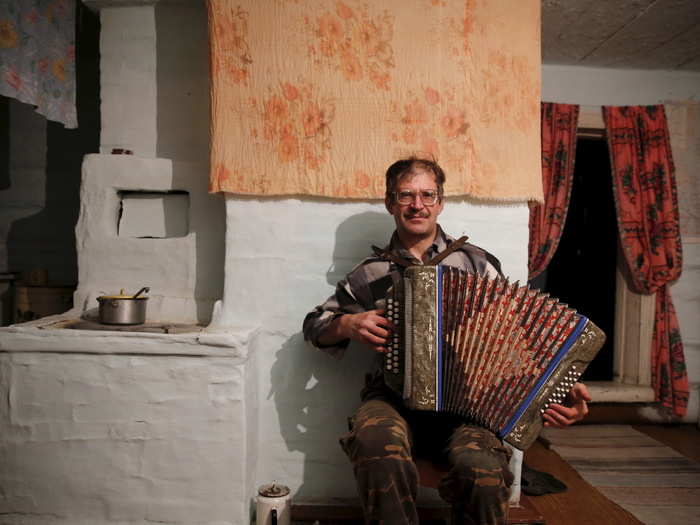
Here, villager Alexander poses with his gun in his small Kalach home. He is one of 12 residents left in this tiny outpost at the end of the rail line.
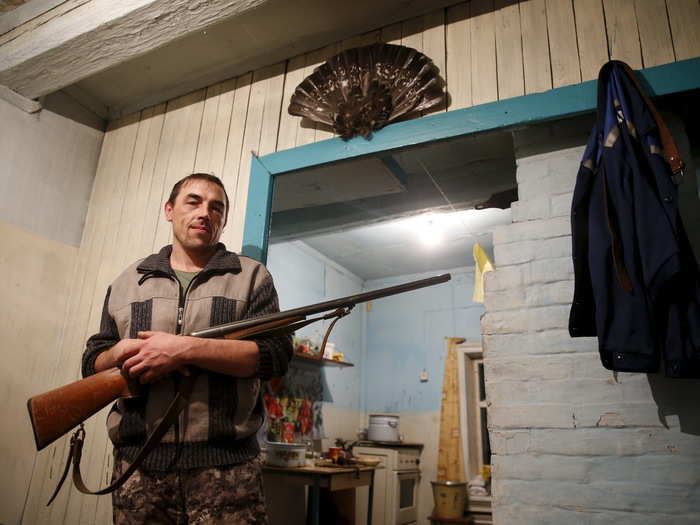
But for all the isolation and harshness of winter, life continues in these villages – a simple and happy existence in the Urals.
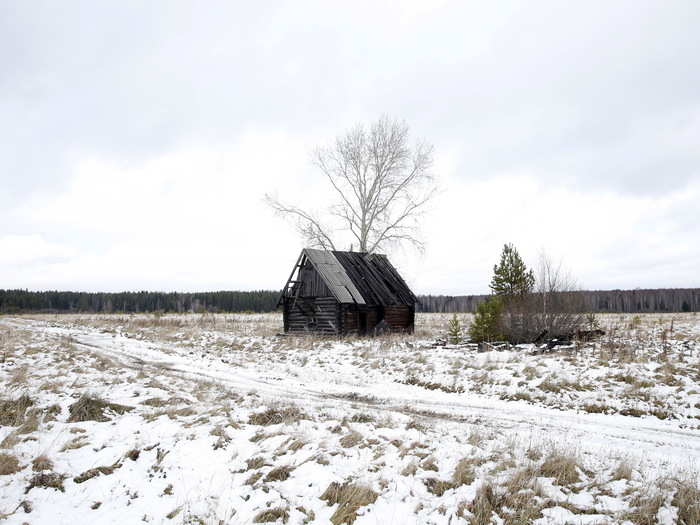
Popular Right Now
Popular Keywords
Advertisement